China slams 'wrong' US sanctions on North Korea-tied Chinese firms
Wed 22 Nov 2017, 20:05:38
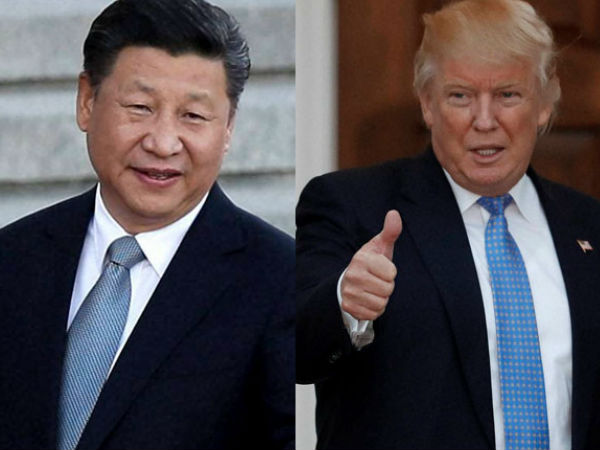
China on Wednesday rejected new United States sanctions targeting Chinese traders doing business with North Korea as "wrong", stressing that it has enforced UN sanctions over Pyongyang's nuclear provocations.
The Chinese companies were hit by punitive measures along with North Korean shipping interests after US President Donald Trump put Pyongyang back on a list of state sponsors of terrorism.
Trump warned this week that the sanctions announcement would be the first in a series of moves over the next two weeks that would reinforce his "maximum pressure campaign" against Kim Jong-Un's regime.
As had been expected, the US Treasury Department's measures unveiled on Tuesday make use of existing US directives against North Korean trade but expand their scope to take in more companies and individuals.
Most importantly, they expand the list of Chinese firms accused of doing business with the North despite promises from Beijing that it will honour UN-backed punitive measures.
"We consistently oppose any country adopting unilateral sanctions based on its own domestic laws and regulations and the wrong method of exercising long-arm jurisdiction," foreign ministry spokesman Lu Kang told a regular news briefing.
Trump met China's President Xi Jinping earlier this month and is bullish about the US-China relationship, but concerns remain that Beijing is not ready to take tough measures against Kim.
"China has been comprehensively respecting and strictly implementing (UN) Security Council resolutions and our
efforts in this regard are witnessed by all," Lu said.
efforts in this regard are witnessed by all," Lu said.
The spokesman called on Washington to provide "any solid evidence" that Chinese companies have violated the UN sanctions.
He said that if any companies or individuals have violated domestic laws, "we will severely deal with that in accordance with our laws and regulations".
'More should be done'
While China has backed the UN measures, it has been reluctant to take the more drastic step of cutting off oil supplies through a pipeline to North Korea's lone refinery, fearing that regime collapse could lead to chaos on their common border.
And, according to US officials, some Chinese-based banks and trading firms continue to do business with the North in defiance of UN sanctions and US threats of unilateral measures.
China has pressed for dialogue, saying this week that "more should be done" to hold talks to resolve the crisis.
A Chinese special envoy also wrapped up a four-day trip to the North on Monday, during which the two sides discussed regional concerns but made no direct statements about the nuclear standoff.
Beijing has pushed for a "dual-track approach" which would see the United States freeze its military drills in South Korea while North Korea would halt its weapons programs.
Washington has rejected that approach.
US Treasury Secretary Steven Mnuchin said the sanctions would not only increase Pyongyang's isolation but also expose "its evasive tactics."
No Comments For This Post, Be first to write a Comment.
Most viewed from International
Most viewed from World
AIMIM News
Latest Urdu News
Most Viewed
May 26, 2020
Do you think Canada-India relations will improve under New PM Mark Carney?
Latest Videos View All
Like Us
Home
About Us
Advertise With Us
All Polls
Epaper Archives
Privacy Policy
Contact Us
Download Etemaad App
© 2025 Etemaad Daily News, All Rights Reserved.

.jpg)
.jpg)
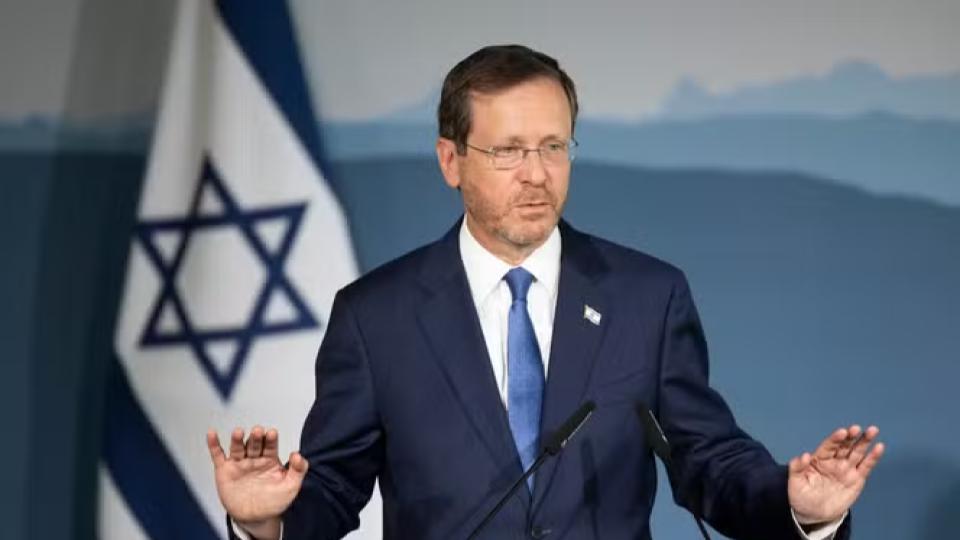
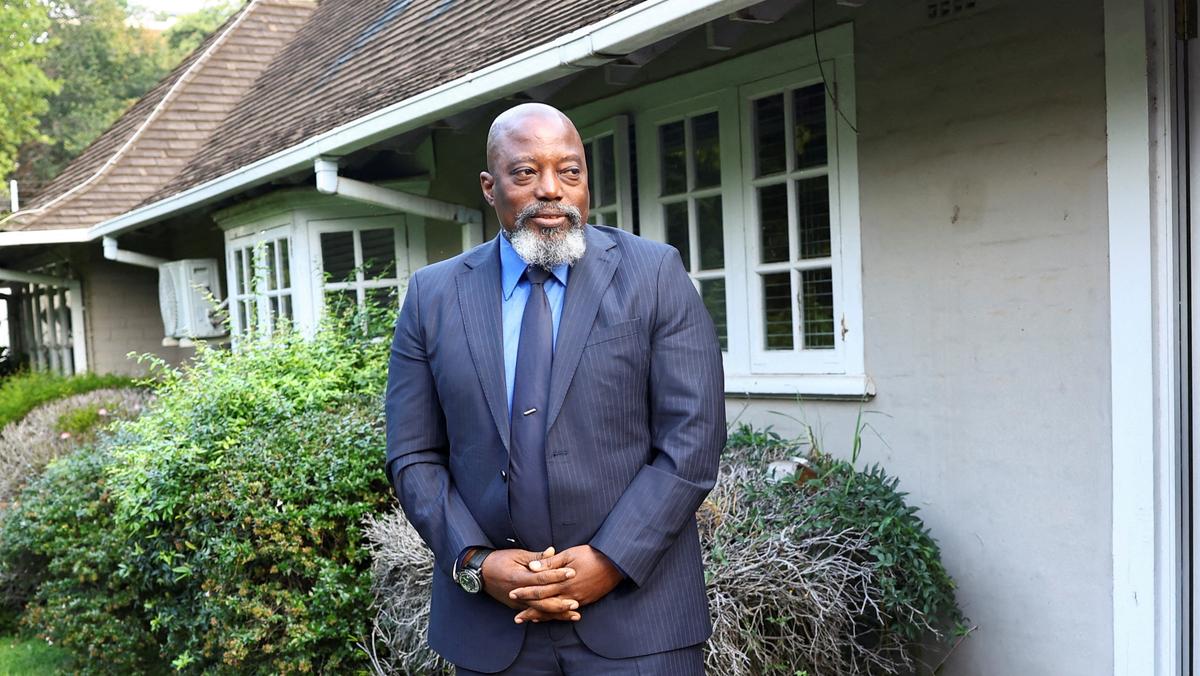

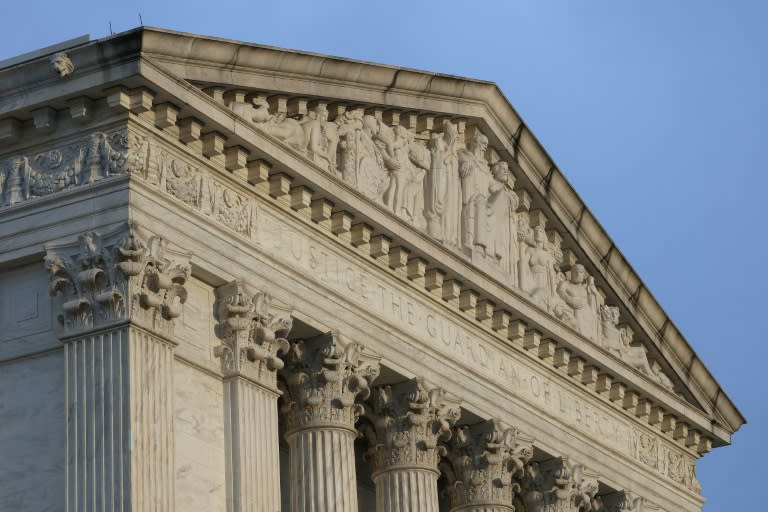

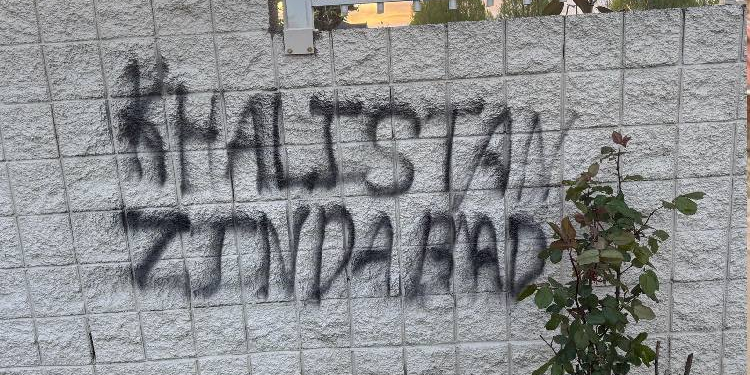

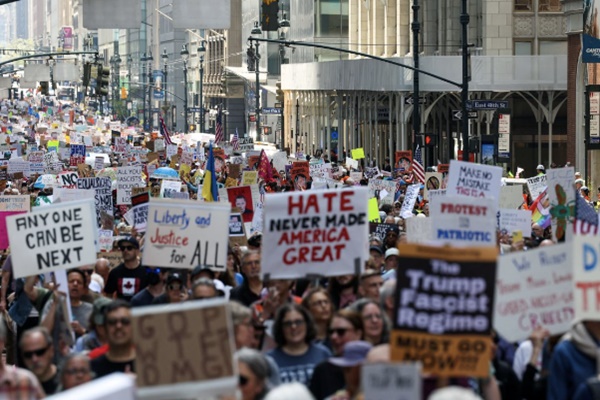


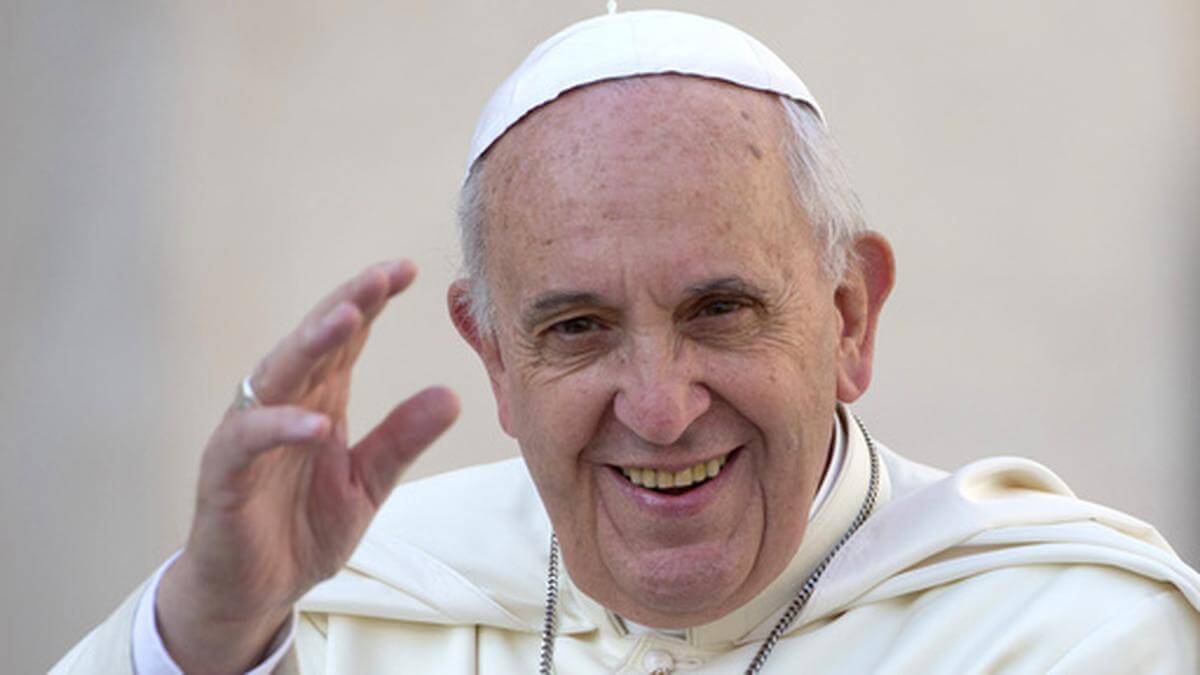

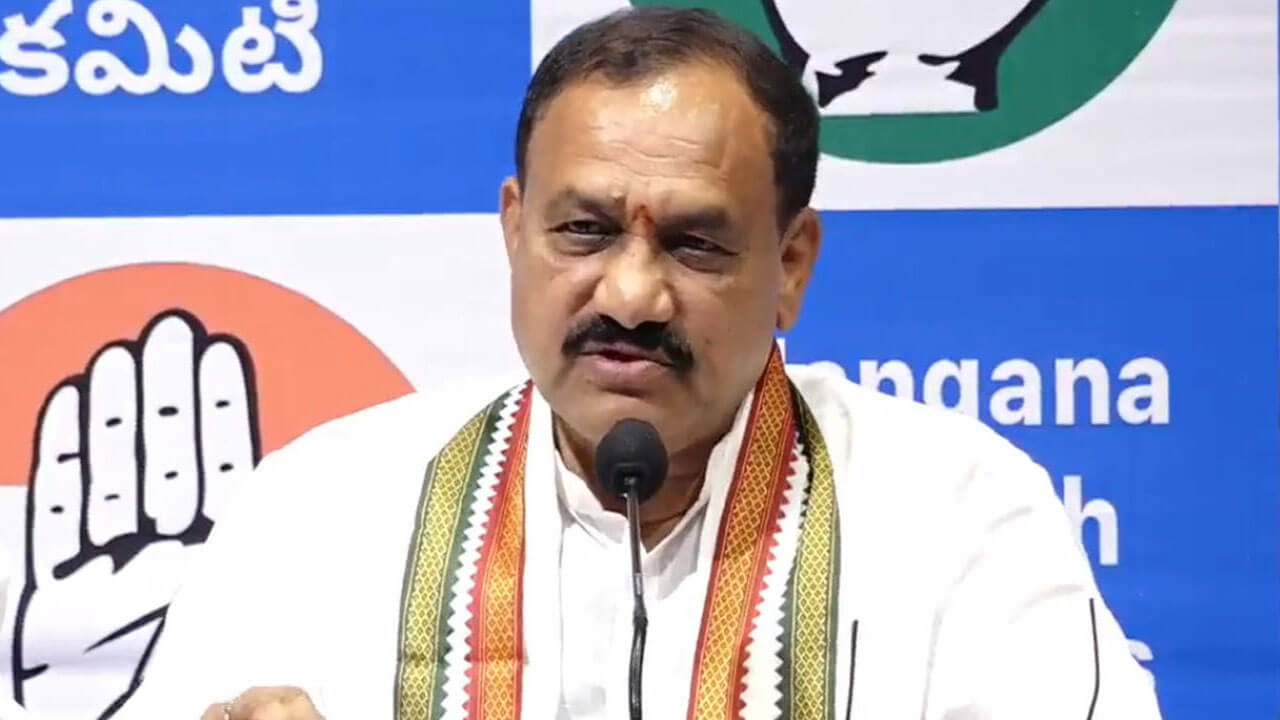




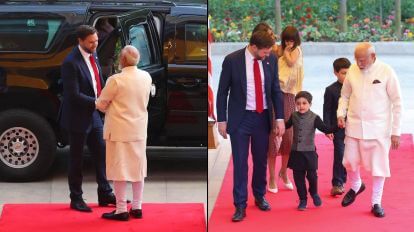
.jpg)
.jpg)
.jpg)
.jpg)

















